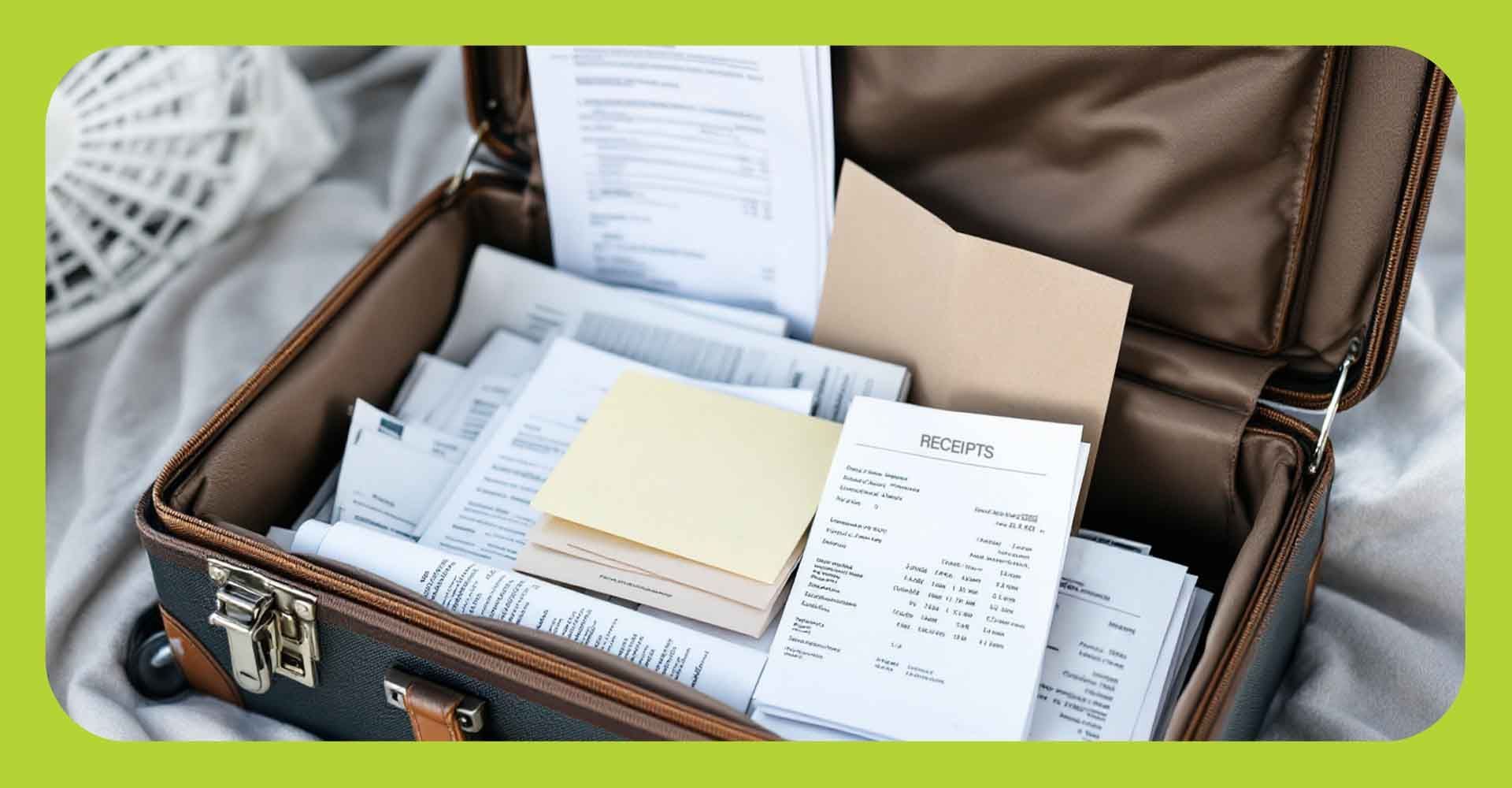
As a small business owner, travel often plays a key role in how you grow—meeting new partners, exploring expansion opportunities, or investing in your professional development. But here’s the part many overlook: much of that travel could be tax-deductible. When done right, deducting business travel expenses can help reduce your taxable income and free up cash for reinvestment. But “done right” is the key phrase.
Here’s how to know what qualifies, what’s off-limits, and how to structure your records to stay compliant and maximize your deductions.
What Counts as Deductible Business Travel?
The IRS allows you to deduct “ordinary and necessary” expenses incurred while traveling for business. That includes things like airfare, hotel stays, rental cars, ride shares, and meals. But those deductions must tie clearly to a business purpose.
Common examples that qualify:
- Scouting new business opportunities such as expanding to another location, meeting with vendors, or exploring potential partnerships.
- Attending conferences, workshops, or seminars to stay current in your industry.
- Participating in strategic offsites or board meetings, even if held at a resort or out-of-town venue, as long as there’s a documented business agenda.
What doesn’t qualify: tacking a few vacation days onto the trip and trying to deduct the whole thing. The IRS draws a hard line between personal and business expenses.
Yes, There Are Rules—Here’s What You Need to Track
Getting the deduction is one thing. Keeping it in the event of an audit? That’s all about documentation. Here’s what you’ll want to hold onto:
- Receipts for flights, hotels, meals, and transportation.
- A clear business purpose for the trip (include notes in your calendar or a brief summary).
- Meeting agendas or event registrations that support why you traveled.
If others are traveling with you—like a spouse or child—you’ll need to prove they were actively involved in the business purpose of the trip to deduct their costs. Most of the time, personal travel companions’ expenses are not deductible.
Pro Tip: Meals Are Still Deductible—With a Catch
Recent changes to IRS rules allow 50% of most business meals to be deducted again. (There was a temporary 100% window during COVID-era relief.) Just make sure they meet the criteria: a legitimate business discussion, with a client or team member, and ideally, at a restaurant.
How to Make Business Travel Work Smarter for Your Taxes
It’s easy to miss out on deductions when you’re moving fast. Here are a few ways to make business travel a tax-saving strategy:
- Plan in advance: If you're already attending an event, build in additional meetings or research that tie back to your business.
- Keep personal and business expenses separate: Don’t use one receipt for multiple purposes.
- Work with a CPA: Travel deductions are nuanced. A tax advisor can help you take what’s fair—and steer clear of what’s not.
If travel plays a role in how you grow your business, it should play a role in how you reduce your tax bill. By understanding what counts, documenting properly, and working with a CPA, you can legally deduct travel expenses and keep more of your money working for you.
Schedule a consultation with Nth Degree CPAs today and get a tax strategy that covers every mile. Let’s make your next business trip a smart financial move.



